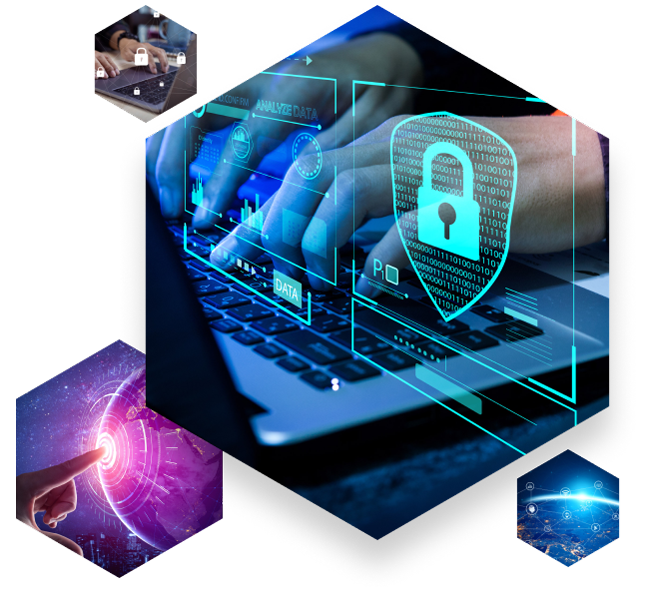A hacked account or device can make you more vulnerable to other cyberattacks.
Get the info you need to recognize, report and recover.
Get the information you need to protect yourself from hacked devices & accounts.

A hacked device — such as a cell phone or tablet — can be a serious problem, both in terms of personal and financial information. Most of us use our devices to store sensitive information, including credit card numbers and bank account information. If this information falls into the wrong hands, it could be used to make unauthorized charges or withdrawals, or to commit identity theft.
In addition, a hacked cell phone or tablet can also be used to access your email account or social media accounts. This can lead to a loss of privacy and could even result in identity theft. If you suspect that your device has been hacked, it is important to take steps to protect yourself and your information.

Malware is a general term for any type of malicious software, including viruses, spyware and Trojans. Malware can infect your computer in many ways, including through email attachments, downloads from unsafe websites, infected storage devices such as USB drives and by disguising itself as a legitimate program. Once it’s on your computer, malware can collect your personal information, damage your system, or even delete your files.
Most people know to be careful about clicking on links in email messages or downloading attachments from unknown sources. However, malware can also be spread through seemingly safe channels, such as social media and trusted websites.
Your email account is one of the most important ways that you stay connected to the online world. It’s how you communicate with friends, family, and colleagues. But it’s also a prime target for hackers.
A hacked email account can be a serious security threat. If your email account is hacked, someone could gain access to your personal information, including your passwords and financial information. They could also use your account to send spam or phishing emails to your contacts. Worse, they could hijack your account and use it to impersonate you to commit fraud or other crimes.
it’s becoming more and more common for social media accounts to be hacked. This can be a major inconvenience, and in some cases, it can even lead to identity theft or other serious problems. Your social media account can be hacked in a number of ways, such as through a phishing scam or by downloading a malicious app. Once a hacker has access to your account, they can do a lot of damage, like stealing your personal information, posting offensive content or contacting your friends and family.
Phishing is one of the biggest threats to our online security. Phishing is a type of social engineering attack that tries to trick you into disclosing sensitive information, such as login credentials or financial information, or install malware on your devices. Phishing attacks typically involve spoofed emails or websites that mimic a legitimate site in order to persuade the user into entering their personal information. In many cases, criminals use very realistic-looking emails or websites that are nearly identical to the real thing. Attackers may also use other methods, such as instant messaging or text messages, to carry out phishing attacks.
A hacked videoconference is a teleconference or videoconference that has been infiltrated by an unauthorized third party. This can happen in a number of ways, such as through malware that gains access to the conferencing software or system, or by hijacking an existing account. In either case, the hacker can then gain control of the meeting, often with disastrous results.
In some cases, the hacker may simply use the video conference to embarrass or harass the participants. In others, they may try to extort money from the company or individuals involved or gain access to sensitive information.